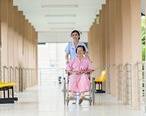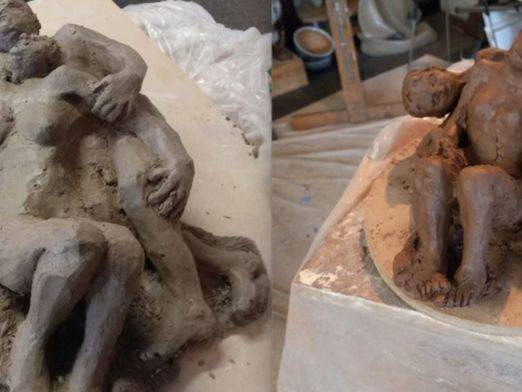WHO Director-General's opening and closing remarks on older persons and COVID-19
WHO Director-General's opening and closing remarks on older persons and COVID-19.

Opening remarks (as delivered):
Mr Raj Kumar, Dr Natalia Kanem,
Excellencies, dear colleagues and friends,
The COVID-19 pandemic has taken a heavy toll on many communities. As you know, older people have been especially hard-hit. The case fatality ratio in people over the age of 60 is almost 15%, which is ten times higher than that of younger people. This novel virus has revealed the vulnerabilities and inequalities in health and social care systems.
Even before the pandemic, long-term care services were often under-resourced, neglected and not well-integrated with other parts of the health system. COVID-19 has exposed these weaknesses, with devastating impact. In many countries, more than 40% of COVID-19 related deaths are linked to long-term care facilities, with figures as high as 80% in some countries.
I want to express my sincere condolences to the families of older people who have died during the COVID-19 pandemic. Every life matters. We cannot allow the narrative that some lives are worth saving and others are not. I also want to thank all the older people, their families and communities, especially health and social care workers, who have worked together to respond to the pandemic. As we just saw in the film, the pandemic has left people isolated from families and friends. It has made daily activities more challenging, and sometimes impossible. We have also seen the resilience of older people, as health workers have come out of retirement to lend their expertise to colleagues on the front lines, while others have volunteered to support their communities.
There are so many examples of solidarity between generations, as young people do the shopping for older people during periods of confinement, or even just check-in with them regularly. Since the beginning of the pandemic, WHO has worked with leading experts and partner organizations around the world to develop guidance to protect older people, their families and communities.
The guidance is focused both on COVID-19, and other health consequences resulting from the pandemic. The topics include infection prevention and control, clinical management, maintaining essential health services for conditions such as diabetes, heart disease and mental health, and the prevention of abuse and violence. WHO has just released a new policy brief, with 11 policy objectives to prevent and manage COVID-19 in long term care facilities, from integrating long-term care in the national response, to mobilizing adequate funding, to ensuring strong infection prevention and control, to providing support for family and voluntary caregivers – and much more.
For each policy objective, the brief lists key actions that long-term care facilities can take, and gives real-world examples of actions countries have taken in each area.
The pandemic is far from over. We must work together to protect the health and well-being of our older generations, who continue to give us so much.
We owe them our best.
I look forward to today’s discussion.
I thank you.
Closing remarks (as prepared):
First of all, I want to thank all of today’s participants for their valuable insights. As a global community, we have not done enough on ageing and for older people. Not only during the COVID-19 crisis, but even before the pandemic hit. We have an opportunity to change that. To foster healthy ageing, we need to work together. This must be our new normal.
WHO Member States are currently considering a new action plan to implement the Global Strategy on Ageing and Health, a policy proposal called the Decade of Healthy Ageing, which was developed with support from 19 UN agencies and international organizations and over 300 civil society organizations.
The Decade of Healthy Ageing would commit us to 10 years of collaboration to improve the lives of older people, their families and their communities. We hope that it will be endorsed by the World Health Assembly very soon, and later by the broader UN system. But we don’t have to wait to shape a new world in which people of all ages can live with dignity, in full enjoyment of their human rights. The discussion today has highlighted many ways in which we can be stronger together: By changing not just what we do, but how we think and feel about ageing and older people; Through solidarity between generations; Through more connected health and social care systems; And by partnering with all stakeholders, and across sectors, to save lives, and to build more age-friendly environments.
Thank you to UNFPA, my sister Natalia, and to all of you for your commitment to healthy ageing, and to a world that treats older people with the dignity they deserve.
That’s the world WHO wants. And that’s the world we will work with you to achieve.
I thank you.














There are no comments for this article yet. Be the first to leave a comment